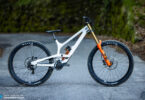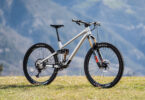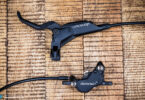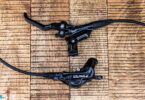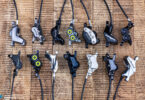From what we learned in our most recent reader survey, 14,000 of you really, really rate good coffee and travel. That’s good: it confirms we’ve got similar interests, so you’ll probably agree that roadside coffee – or even foreign coffee – isn’t always that satisfying. In search of a decent alternative for every time zone, we took the 9Barista Espresso Machine for a thorough spin.
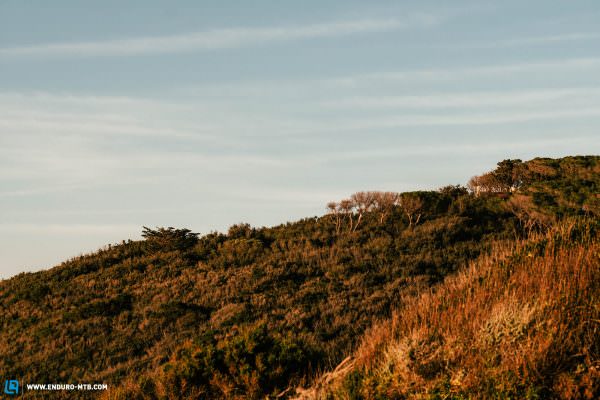
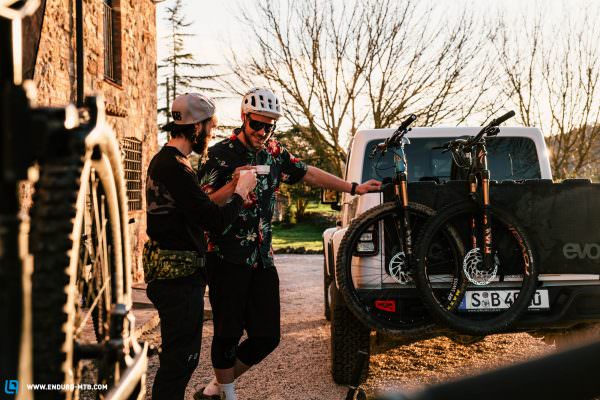
Bikes and coffee are inexplicably intertwined, as confirmed by this year’s Enduro reader survey. Once the results were in and we saw 32% place good coffee alongside bikes as their main interest, we knew we were onto something – along with all the hip coffee shops, bars and roasteries linked to pro cyclists, cycling lovers, and all things bikes that have sprung up across the world. This blossoming love affair between the two has meant that we can now enjoy a decent hit of caffeine while out riding, breeze through chat about grinds and extraction times, and indulge in great cups from powerful porta-filter machines. But think of all those occasions we compromise on our caffeine intake. Those early mornings when you crawl groggily out of your van or wake up in a rental apartment in the Alps, knowing that you’ve got to subject yourself to a basic Bialetti, functional filter coffee, or even worse: instant…. Those days have now come to an end.
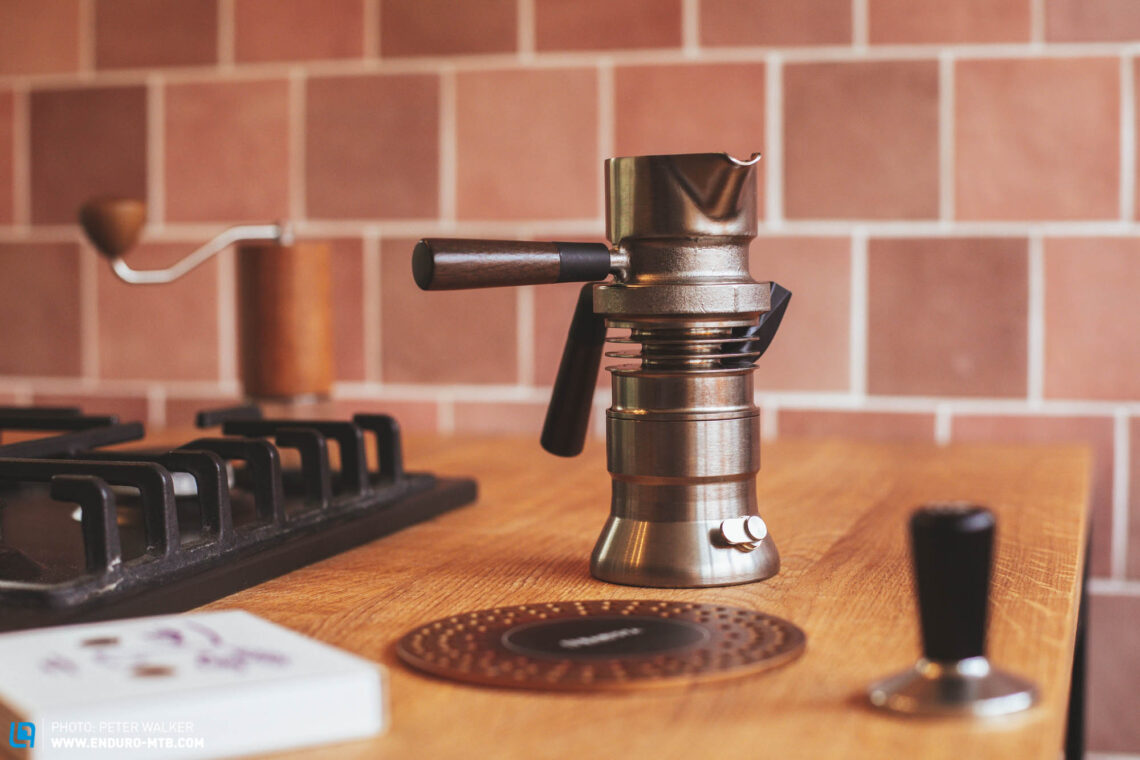
The Cambridge-educated engineering grad William Playford, who set up 9Barista, is big into coffee. Investing know-how from jet engines (something of an obsession for him) with a deep love for coffee, he created a barista-grade espresso machine that looks remarkably like your standard moka pot, but is capable of producing an espresso that’s allegedly able to match the most premium bean-to-cup machines. As the name alludes, it’s all about the pressure: William’s good-looking portable machine has 9 bars of it to be precise. Yep, 9 bars, even on a camping stove.
The stove pot consists of three main parts made from solid brass that look and feel high-end. That trait is reflected in the weight too, with the 9Barista weighing a sturdy 1.7 kg and displaying real character – we have no doubt that whipping this out will create a buzz amongst anyone that’s into tech, coffee or both. It’s compact and comfortably portable (18 cm tall) so we stowed it easily in travel bags and campervan cupboards. However, we also wanted to have a bag of beans, our hand grinder and scales on hand to really get the best into our cup, so account for extra space. If you’re using a gas or induction hob, a heat diffuser plate is necessary too. 9Barista have been smart and offer a € 360 package that includes both a tamper and said induction adaptor plate. It’s not cheap, but if you’re into espresso coffee and exceptionally engineered objects, then there are surely worse ways to spend your money.
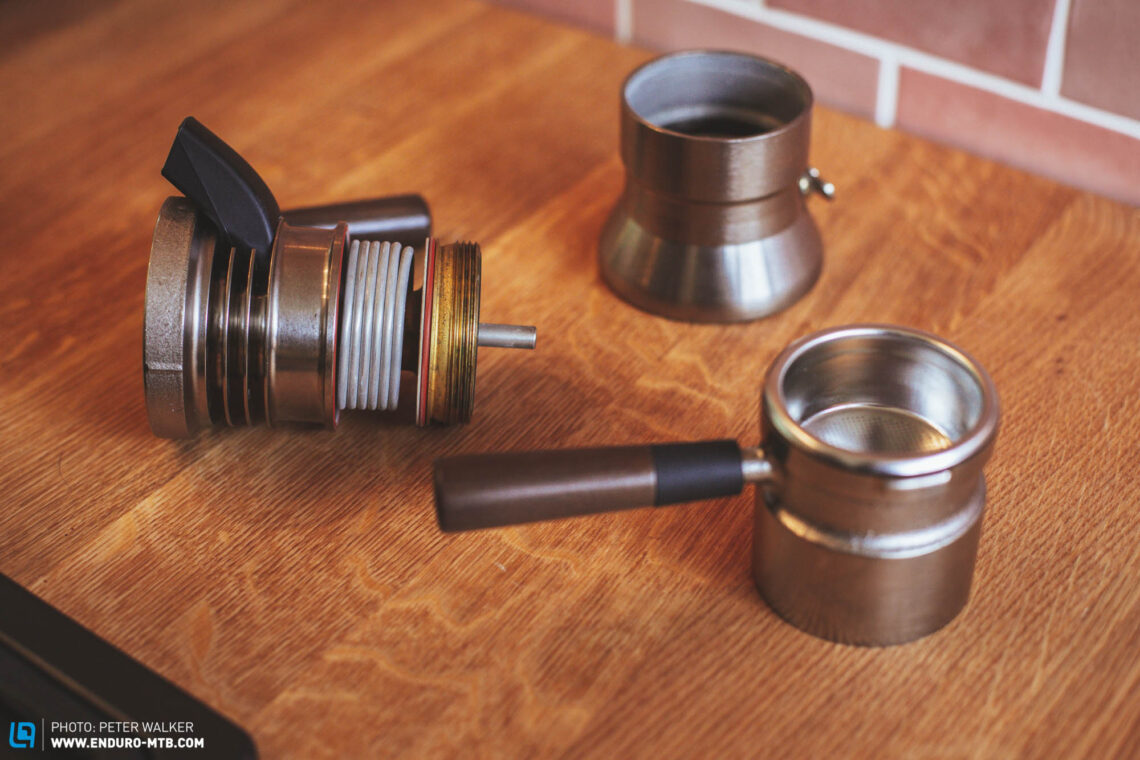

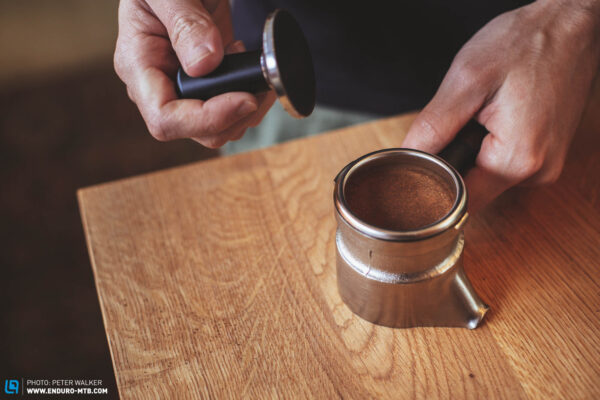

How does the 9Barista Espresso Machine work?
The patented technology that allows the tiny 9Barista Espresso Machine to produce an espresso as good as one you’ve paid for from a fancy machine in a coffee shop sounds wild, but it’s mainly just one thing: clever. While conventional bean-to-cup machines with a porta-filter system get their pressure through a pump, the 9Barista generates the optimal brew pressure thermodynamically – it’s a case of turning the water into steam. There are two water chambers, one in the bottom and one in the middle. The stuff in the bottom is trapped there, continuously heating and unable to evaporate until it reaches 179°C or 9 bars of pressure when it opens a spring-released valve and allows water to flow into the coil above. At this stage, it’d be way too hot to brew your espresso, so it’s cooled down to 100°C while flowing through the coil in the middle chamber, where it still maintains its pressure. William’s jet engineering brain designed the middle part at atmospheric pressure, adding a little chimney on the side that allows water to boil. As a system, it’s basically the opposite of a standard water heater. But as 100°C is still too hot to produce a good coffee, William added cooling fins (a heat sink, essentially) into the top part of the middle section, so that the water eventually passes through the freshly ground coffee at 94°C. It’ll take around 4–6 minutes until your espresso bubbles into the top with a worth-waiting-for crema. There’s a pressure release valve on the boiler that opens automatically if you leave the machine on the heat too long or bring it to heat too quickly. And despite the chemistry vibes, you don’t get much influence over how your espresso is brewed.

The 9Barista only has two moving parts – the spring-release valve and the safety valve – and as the machine is completely analogue, these are the only bits that could break, along with the seals. So, what does that mean for your daily caffeine intake? Regular enjoyment with a low-maintenance, long-lasting product that knows how to please – you even get a spare safety valve and seal with your delivery.
The 9Barista can be used on gas cookers, induction stoves or electric hobs with the correct heat transfer plate. The 9Barista is supplied with a plate for use on camping stoves, and a plate for induction stoves is available from their website.
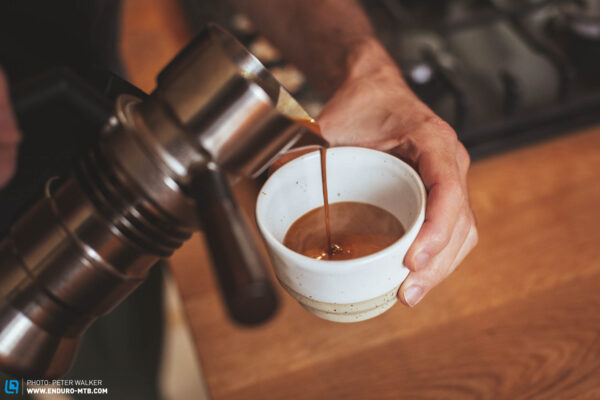

Who’s going to use the 9Barista Espresso Machine?
Many people who buy the 9Barista Espresso Machine will be swept up by the precision of both the espresso and engineering, and the fact that it is all so damn packable. In fact, the only time we’re reminded we are using a portable espresso machine is when we have multiple cups to make. You’re looking up to 10 minutes including the prep time, just to make your own first double shot of the day. If it’s more than just you and less than a handful of others, the 9Barista will take its sweet time and you could be better off finding an actual café. If it’s just you, your admiration of aesthetically pleasing tech, and a love for consistent barista-standard coffee wherever you wake up, then the 9Barista serves a purpose. We personally love the ritual of the grind, the prep and then the wait. It’s like dropping into a trail that you’ve worked hard to get up to. You can reap the rewards on the way down.
How we got on with the 9Barista Espresso Machine
Okay, we’re no baristas and are happy to admit we didn’t get the finest espresso of our lives straightaway. That took some time. First of all, we had to get the hang of the grind – how fine, how coarse – and then the temperature for the boiler so that the extraction time was dialled. Once we perfected the brewing conditions, we enjoyed shot after shot of espresso that could easily rival our favourite café. The more espresso you make, the more intuitive it all becomes. Eventually, you’ll learn to get the water to boil as you grind, tamp, and attach the top part. We had a few failed attempts while on the road with the 9Barista, but it’s just a case of getting to know the two boilers and how they behave on your specific equipment – and remember that water boils at different temperatures depending on the altitude. Once you get the hang of it, it’s an easy ritual to carry out. For multiple cups, go through the steps, quickly cooling off the machine in cold water before the next one. Lack of space or no desire to hand-grind each day? Pre-grind and prepare daily coffee shots, individually wrap and weigh them out so you can sack off the scales too. Just remember to enjoy your coffee though.
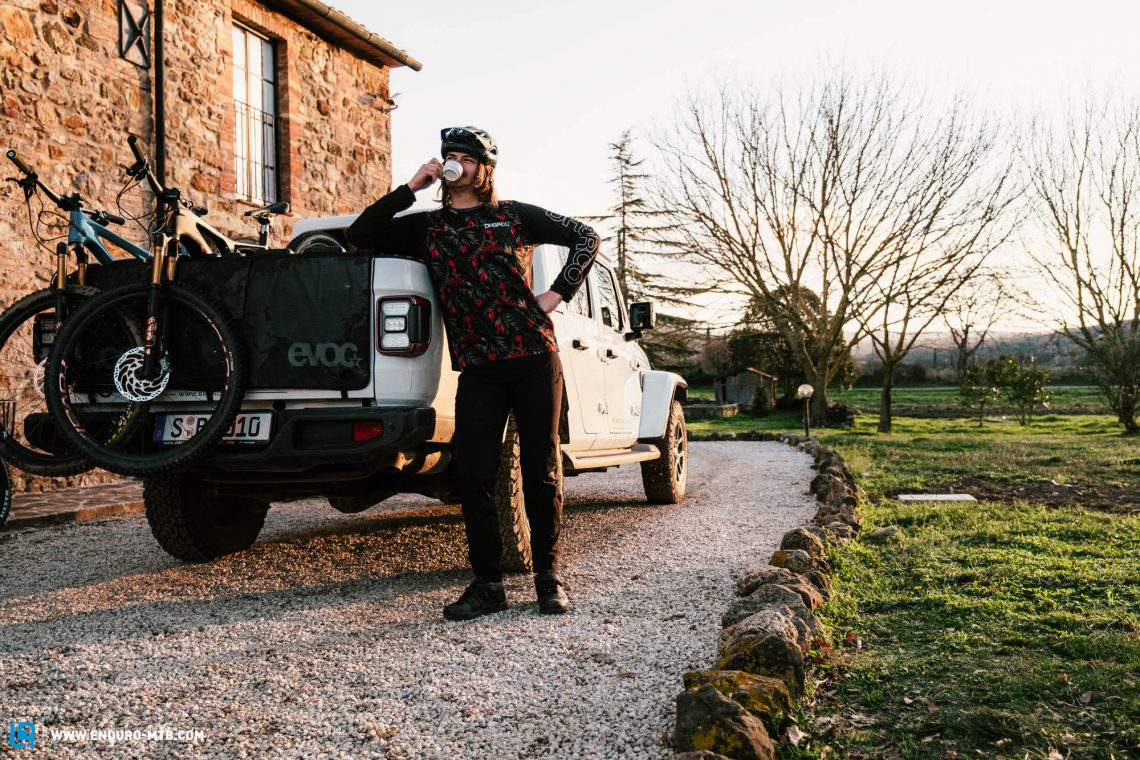
Our thoughts on the 9Barista Espresso Machine
We’re torn between the words ingenious, over-engineered, practical, and swoon-inducingly beautiful. This is a compact gadget that’ll win the hearts of tech-inclined coffee nerds. But as tempted as you might be to offer a morning coffee to all your friends and neighbours, don’t do it because you’ll be there all day. Keep this piece of technological art to your inner circle. You’ll enjoy it once you get the hang of it.
Check out 9Barista for more information.
Did you enjoy this article? If so, we would be stoked if you decide to support us with a monthly contribution. By becoming a supporter of ENDURO, you will help secure a sustainable future for high-quality mountain bike journalism. Click here to learn more.
Words & Photos: Peter Walker




